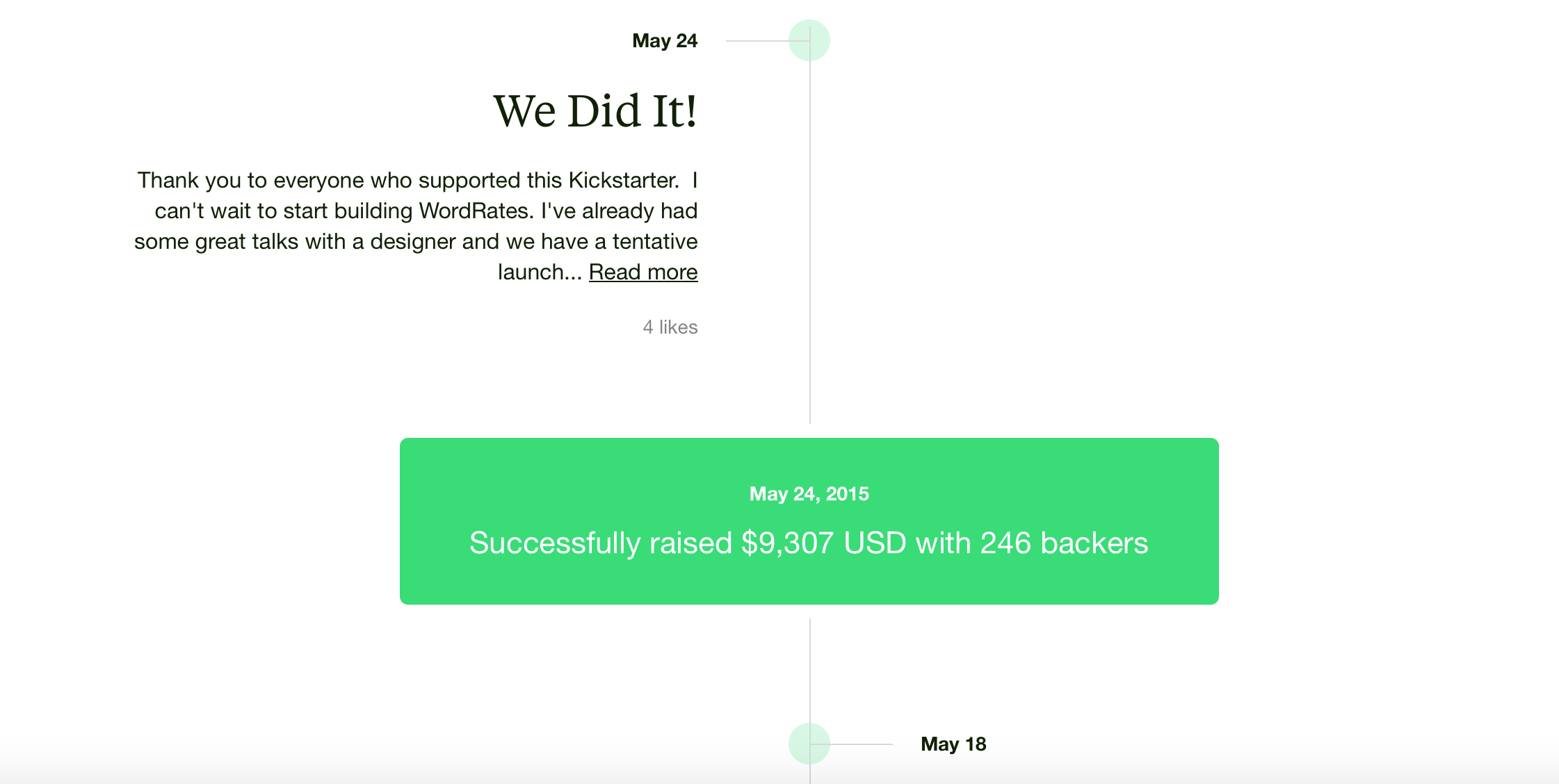by Vincenzo Marino – translated by Roberta Aiello
The Saudi blogger sentenced to 10 years of detention and 1,000 lashes
Saudi court upholds blogger @raif_badawi‘s 10 years and 1,000 lashes http://t.co/yHpdyx2scW pic.twitter.com/ccZzVxxIr2
— BBC Trending (@BBCtrending) 7 Giugno 2015
Raif Badawi is a 31-year-old Saudi blogger and activist and the creator of the Free Saudi Liberals website. In June 2012, he was arrested on a charge of insulting Islam on the web. In 2013 he was sentenced to 7 years in prison and 600 lashes.
The condemnation of Badawi has aroused a massive mobilization of the international community that, last Sunday, could not prevent the Supreme Court in Jeddah from increasing the sentence inflicted two years earlier with 1,000 lashes, 10 years of imprisonment in the prison of Briman and a fine of 1 million riyals – about $267,000. The blogger was already inflicted with 50 lashes in a public square in January. The sentence was subsequently stopped due to severe physical conditions reported after the flagellation.
Raif Badawi was sentenced “solely for exercising his right to freedom of expression,” a statement from Amnesty International explained. Free Saudi Liberals is a blog on which the writers invited readers to discuss religion and society. In some of the “offending posts” – that can be read on the Guardian here – Badawi debated the need for secularism in the country, criticizing prominent local religious leaders.
The fight against free expression in Saudi Arabia – a country ruled by an absolute monarchy – intensified in 2011, after the Arab Spring. The condition worsened as a result of added amendments to the press law, which introduced offenses about the publication of material deemed adverse to the sharia, the public interest and order and national security. Moreover, according to Human Rights Watch, the anti-terrorism law introduced in 2014 is able to criminalize all types of critical expression against the government and religion.
The only chance for Raif Badawi to avoid the sentence is the clemency by King Salman Bin Abdulaziz. This week, the Editorial Board of the New York Times called on King Salman – crowned just a few months ago – for an act of clemency. According to a study by the Committee to Protect Journalism, Saudi Arabia is considered to be one of the 10 most censored countries in the world.
The guy who wants to change freelancers’ lives with crowdfunding
I am proud to announce that this morning I’m going to do more than just write about the problems in the publishing…
Posted by Scott Carney on Friday, April 24, 2015
On 24 April, Kickstarter posted a campaign to fund the creation of WordRates and PitchLab. The first is a website where one can judge the economic treatment reserved by publishers to writers. PitchLab, instead, will allow freelancers to express opinions and criticisms about other pitches, helping them on the promotion phase.
These are the ideas that Scott Carney came up with to try and improve the lives of freelancers, both from the economic and the production point of view. While with WordRates the idea is to create a kind of database of the best and worst publishers in town, in order to help freelancers in choosing who to work for and simultaneously get an idea of the market in which to offer their product, with PitchLab the intention is to create competition and improve the average quality of proposals and negotiations. Once the ideas for articles are strictly judged by other “colleagues,” it will be one of them to promote it and place it on the market, trying to get a small commission for the effort.

“The fact that someone else is negotiating for you” and can earn a small commission – Carney explains to Khari Johnson of Through The Cracks – will help to sell it “for the most amount of money possible” at a price even better than the same writer would do. That is the reason why Carney tried to bring together a community around himself and the crowdfunding campaign.
After a month, the two projects together have collected on Kickstarter about $9,300 from 246 supporters, much more than the $6,500 required. Crowdfunding “is not a model for journalism,” he says. The most fulfilling and useful thing is the fact that campaigns such as these offer a direct relationship with readers, and the opportunity to attract new audiences. “Crowdfunding is not about money. It’s about audience, and knowing that the audience is invested in it, to some degree.” Wordrates and Pitchlab can start.
Crowdfunding was one of the main arguments of the latest edition of the International Journalism Festival. Below you can watch Frederik Fischer of Krautreporter at the #ijf15, explaining how the German project started thanks to one of the most successful journalism crowdfunding campaigns in Europe.
Doing journalism on Facebook for one’s own community
The creation of the sense of community on the web, for journalism and news, is what allowed former Cleveland Plain Dealer columnist and current Politico Magazine contributor Connie Shultz to become a reference point for hundreds of thousands of Facebook users and many online American journalists who want to emulate the experience.

Using her page as a hybrid between a local newspaper, a forum, a place for personal comments on the news and a space in which to put pieces of private life, Shultz has gathered 130,000 followers. On her profile she publishes daily updates on topical issues and local politics, the new adventures of her dog, but there are also fierce debates on political and social issues, and advice and criticism by readers on the management of the page.
Dear Facebook friends, subscribers and visitors: Journalist Anna Clark interviewed me this morning for a Columbia…
Posted by Connie Schultz on Friday, May 29, 2015
The community curation, Shultz explains to Anna Clark of the Columbia Journalism Review, has been a key step for the success of the page. The moderation and predisposition to dialogue have helped her to increase the credibility and reliability of her public figure, and online presence: “I don’t want to be a celebrity,” she explains, but a reliable source, as transparent as possible- regarding husband Sherrod Brown, a well-known Democratic Party senator from Ohio, readers have learned to accept him as an actor incapable of influencing the editorial line and policy of his wife.
The issue of personal branding for journalists has been a hotly debated topic for a long time (previously discussed here). According to many, using your signature can help to bring together small or large numbers of readers who become attached to the personalization of the story of things, or who give credit to a trusted source with a recognizable face and name. However, Anna Clark concludes, probably “this is not branding. It’s journalism.”



